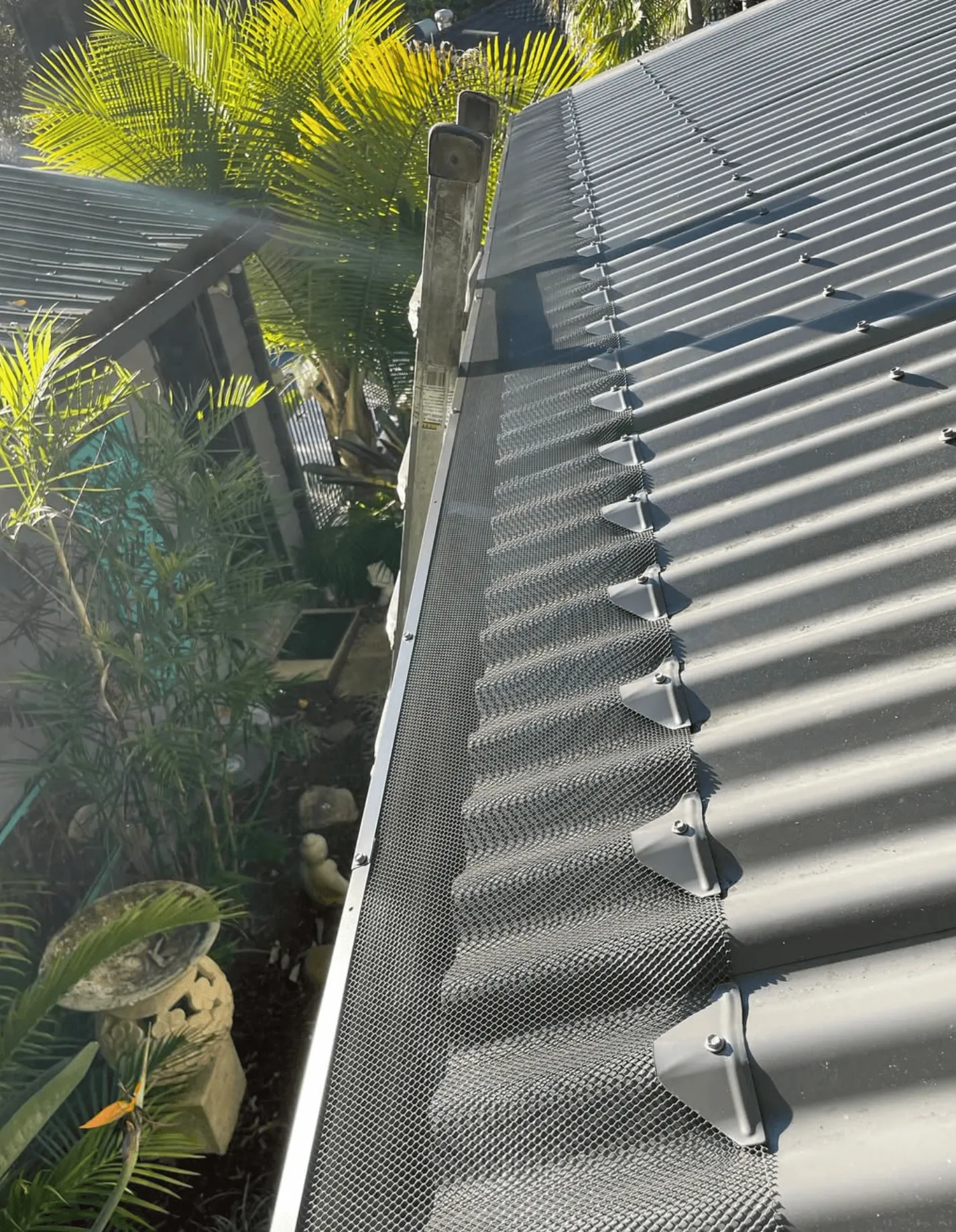Cleaning your gutters is key to the long term health and performance of your home. Clogged gutters can cause water damage, soil erosion and structural damage. Many homeowners are faced with the choice between regular gutter cleaning and gutter guards to keep their gutters debris free. Both have their pros and cons depending on the type of gutter system, the climate and type of debris in your area.
In this article we will look at the differences between gutter guards and regular cleaning, the pros and cons of each and how heavy rainfall, type of gutter guard and debris build up come into play.
Why Clean Gutters
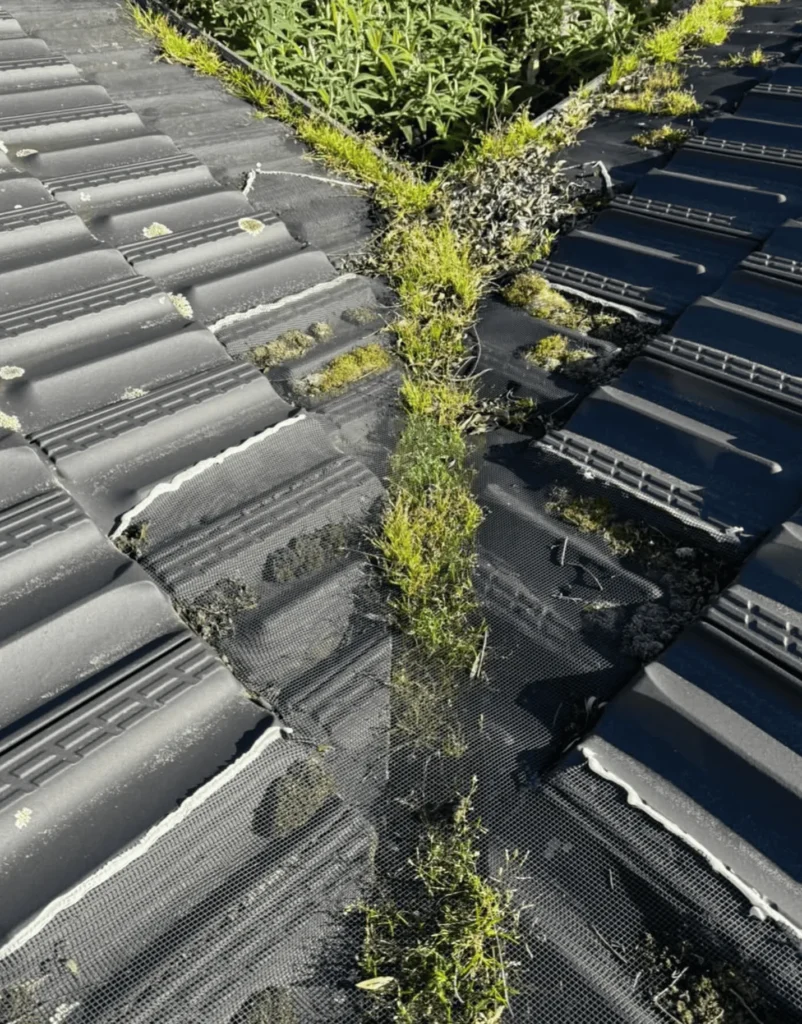
Gutters clean keep water damage at bay by directing rainwater away from the house. But clogged gutters disrupt the water flow and can cause big problems. Water overflow from clogged gutters can cause roof damage, basement flooding and soil erosion around the foundation. Heavy rain makes these problems worse as gutters fill up with debris and blockages occur quickly.
Cleaning your gutters should be a top priority for homeowners especially those in areas with heavy rainfall or heavy debris like leaves and shingle grit. Regular cleaning or installing some form of protection like gutter guards will keep your gutters working all weather conditions.
Gutter Guards: Types and Features
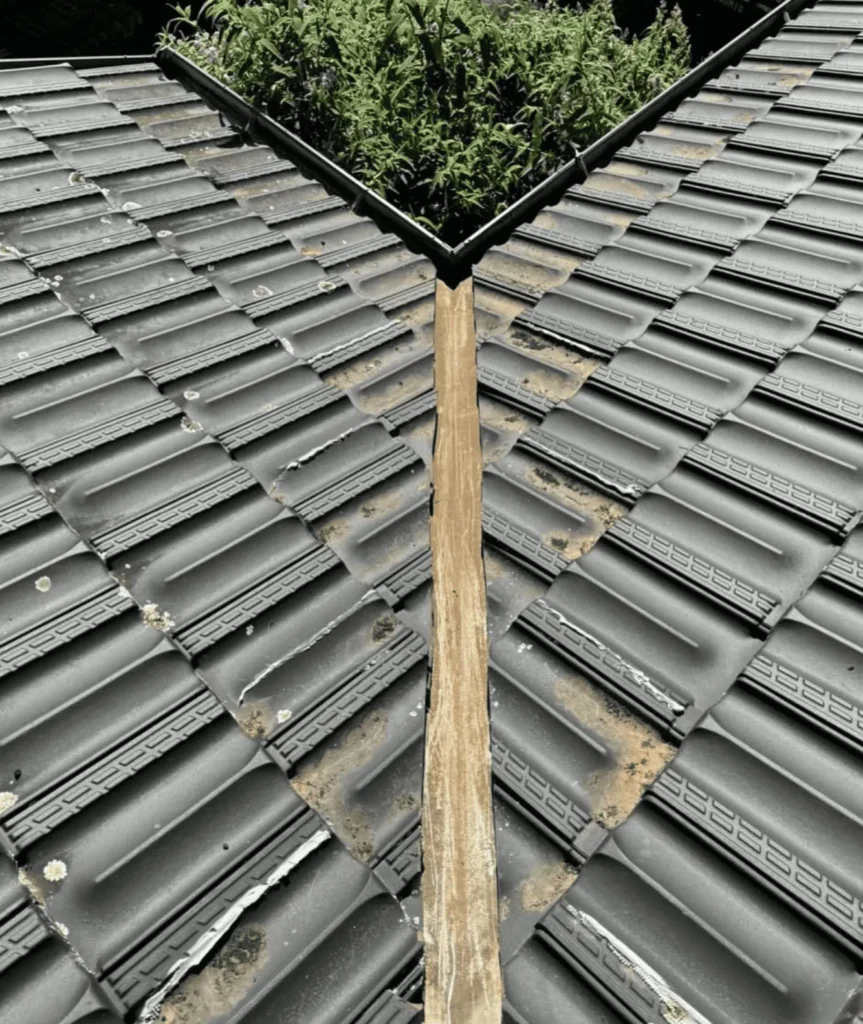
There are several types of gutter guard systems designed to reduce the frequency of gutter cleaning. These guards act as barriers to prevent larger debris from entering the gutter system while allowing water to flow through. The effectiveness of gutter guards depends on the type of debris, the guard material and the installation method. Here are some common types of gutter guards:
- Foam Gutter Guards
Foam gutter guards are easy to install as they sit inside the gutters and block debris from entering. These are good for stopping larger debris buildups but can struggle to block finer particles like shingle grit or smaller leaves. Foam guards need to be cleaned occasionally to remain effective. - Brush Gutter Guards
These guards have cylindrical bristles that sit inside the gutter, allowing water to flow while blocking debris. Brush guards are good for areas with larger debris, like leaves, but can get clogged over time and may require regular maintenance. - Mesh Gutter Guards
Mesh screens are popular because they can block even smaller debris. They are a good option for those who want maximum protection. The finer the mesh, the better it is at keeping out debris while allowing water to flow through. - Reverse Curve Gutter Guards
Reverse curve guards work by directing water around a downward curve while debris slides off the outer edge. This type of guard is one of the most efficient systems for debris management but often requires professional installation to work properly.
Gutter Cleaning
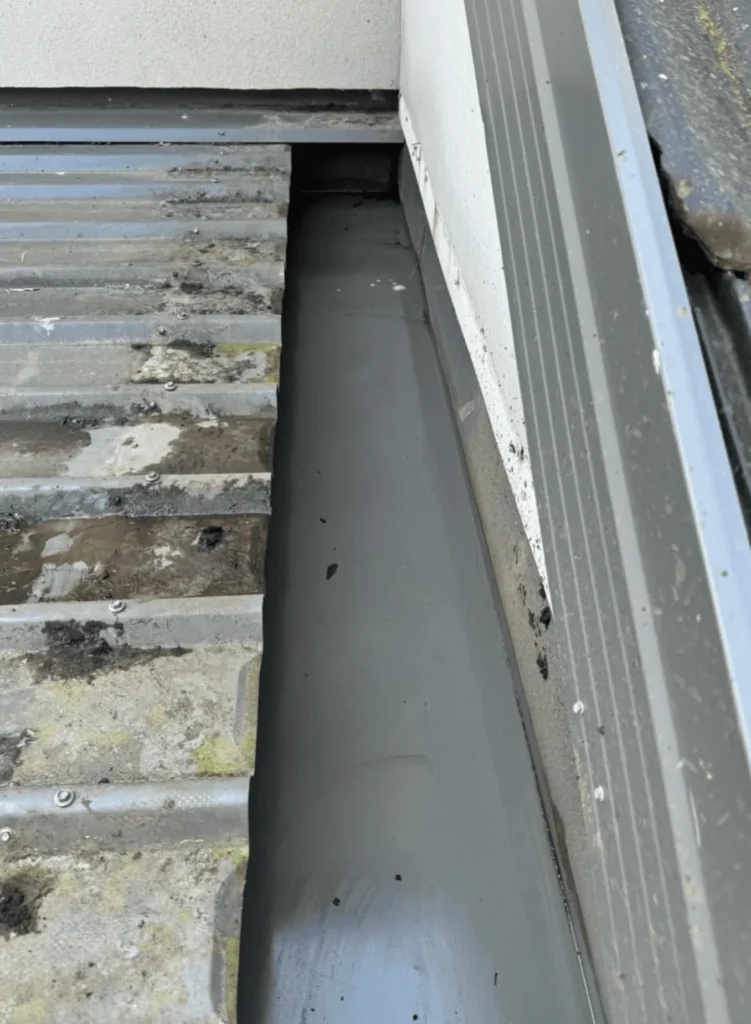
Even with the best gutter guards, some cleaning is still required. If gutter guards aren’t an option, regular cleaning is a must to prevent debris build up. Should be done at least twice a year, more often if you have trees around the house. Especially during heavy rainfall seasons when clogged gutters can cause water damage and potential structural damage to the house.
Hiring professional gutter cleaners will get the job done. Professional installation services may also install gutter guards and other protective measures for your home’s gutter system.
Gutter Guards Pros and Cons
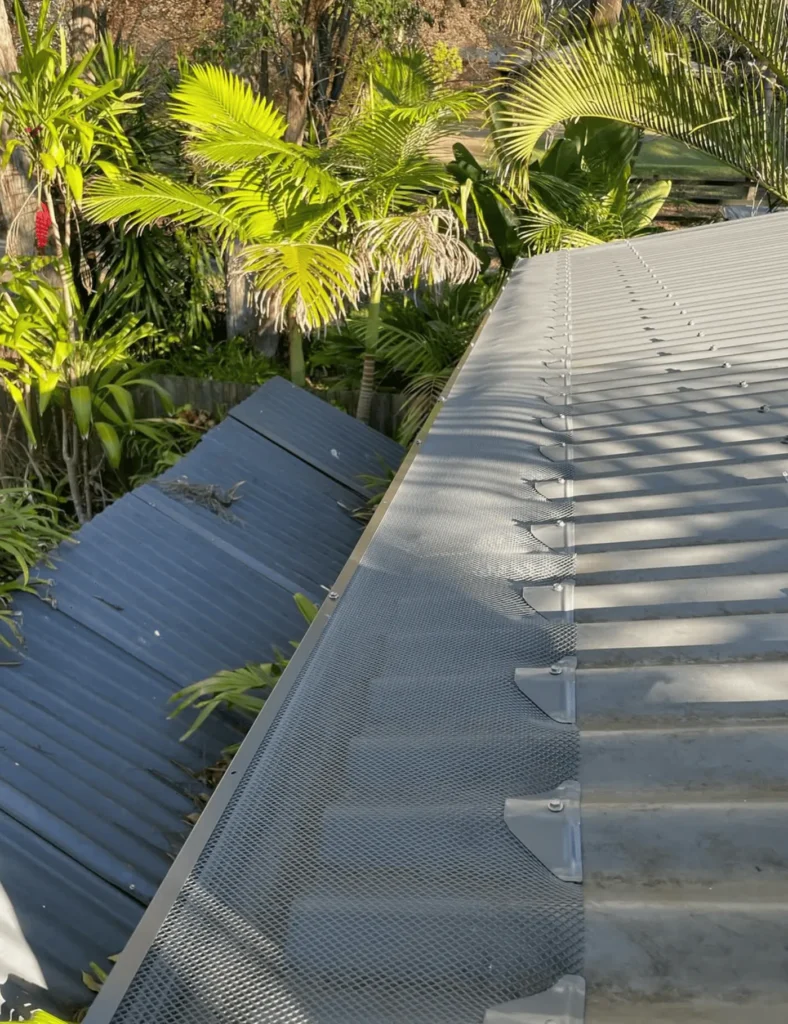
Pros
- Peace of Mind: Gutter guards are a long-term solution that reduces cleaning frequency.
- Protection from Heavy Rain: In areas with heavy rainfall, guards will prevent water from being blocked by debris buildup.
- Durability: Good materials like metal gutter guards or mesh systems will last for years with minimal maintenance.
Cons
- Initial Cost: Gutter guard installation can be costly depending on the type of guard. Mesh and reverse curve guards require professional installation.
- Occasional Cleaning Required: Even the best gutter guard systems need some maintenance. Finer debris or shingle grit may still accumulate, and guards can clog over time.
- Effectiveness Varies: Gutter guard effectiveness depends on the type of debris and installation method used.
Pros and Cons of Regular Cleaning
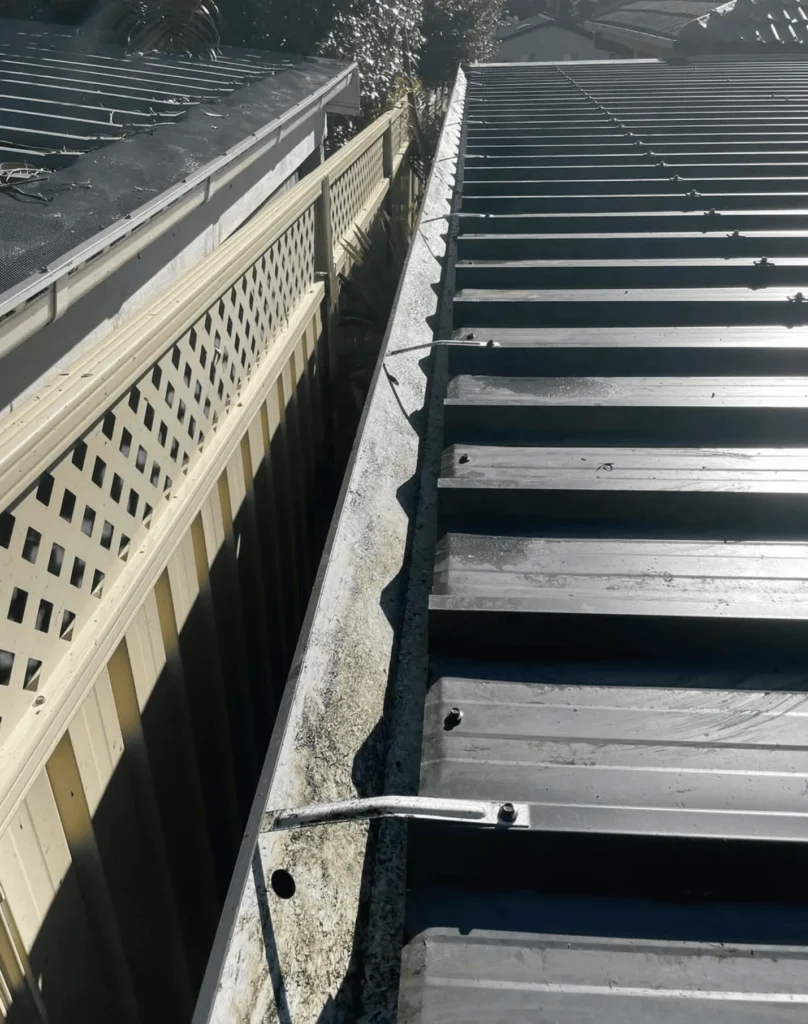
Pros
- No Upfront Cost: Regular cleaning doesn’t require any initial investment except for labor cost if professionals are hired.
- Flexible Solution: Regular cleaning works for all types of gutters and debris.
- Thorough Results: Unlike guards that may still allow smaller particles in, manual cleaning will get the gutters totally free of debris.
Cons
- Time Consuming: Regular gutter cleaning takes time and effort especially for homes with long gutter systems or taller structures.
- Frequent Maintenance: In areas with heavy debris, cleaning may need to be done multiple times a year to prevent clogs.
- Safety Concerns: Climbing ladders to clean gutters is a risk, especially for multi-story homes or homes without proper safety measures.
Best for You?
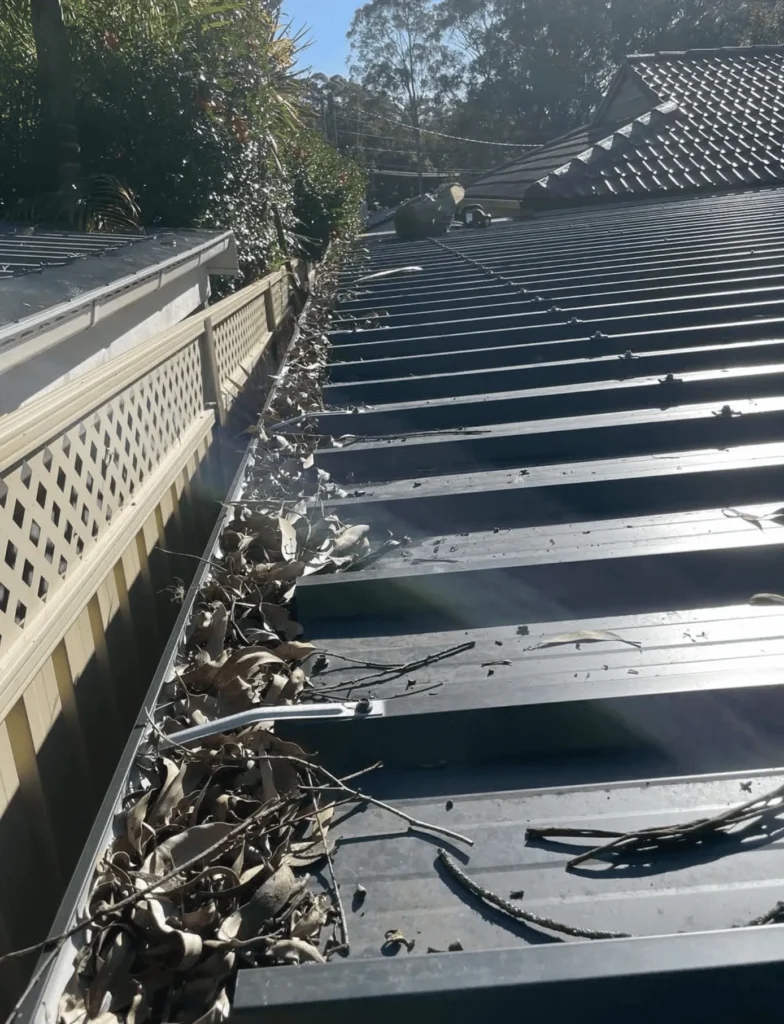
The best for you depends on your situation. If you live in an area with no debris and don’t want to deal with regular cleanings, gutter guards might be the way to go. They give you peace of mind and reduce cleaning frequency.
If you have heavy debris from nearby trees or frequent heavy rain, gutter guards might not eliminate the need for cleaning altogether. In that case, regular cleaning with some form of protection like foam or brush gutter guards might be the way to go. You can also look into professional gutter cleaning services, especially during heavy rain, to make sure your gutters are in top shape.
Installing the right gutter guard system can also protect other parts of your home like solar panels from debris and bird nests. A professional gutter guard system will protect from debris and also water damage, storm water overflow and other roof structure risks.
In summary, whether you choose to clean or gutter guards, the secret to clean gutters is consistent maintenance. A well-maintained gutter system will protect your home from water damage and structural issues and give you peace of mind during heavy rain.
FAQ
How often should I clean my gutters if I don’t have gutter guards?
Twice a year is ideal but if you live in an area with heavy debris or heavy rain, you may need to clean more often to avoid clogs and damage.
What are the benefits of gutter guards?
Gutter guards prevent debris buildup, reduce cleaning frequency, protect from water damage and improve water flow during storms. They also add an extra layer of protection to your roof and home.
Do gutter guards need maintenance?
Yes, while gutter guards reduce cleaning frequency, they still need occasional maintenance to clear out finer debris and ensure water flow.
Can gutter guards handle heavy rain?
Good gutter guards like reverse curve or mesh gutter guards can handle heavy rain by allowing water to flow and keeping out debris. Proper installation is key.
How much to install?
Price depends on the type of gutter guard system, size of the home and if you hire a professional. Some like foam or brush guards are cheaper while others like mesh or reverse curve guards are more expensive because of the material and installation.
